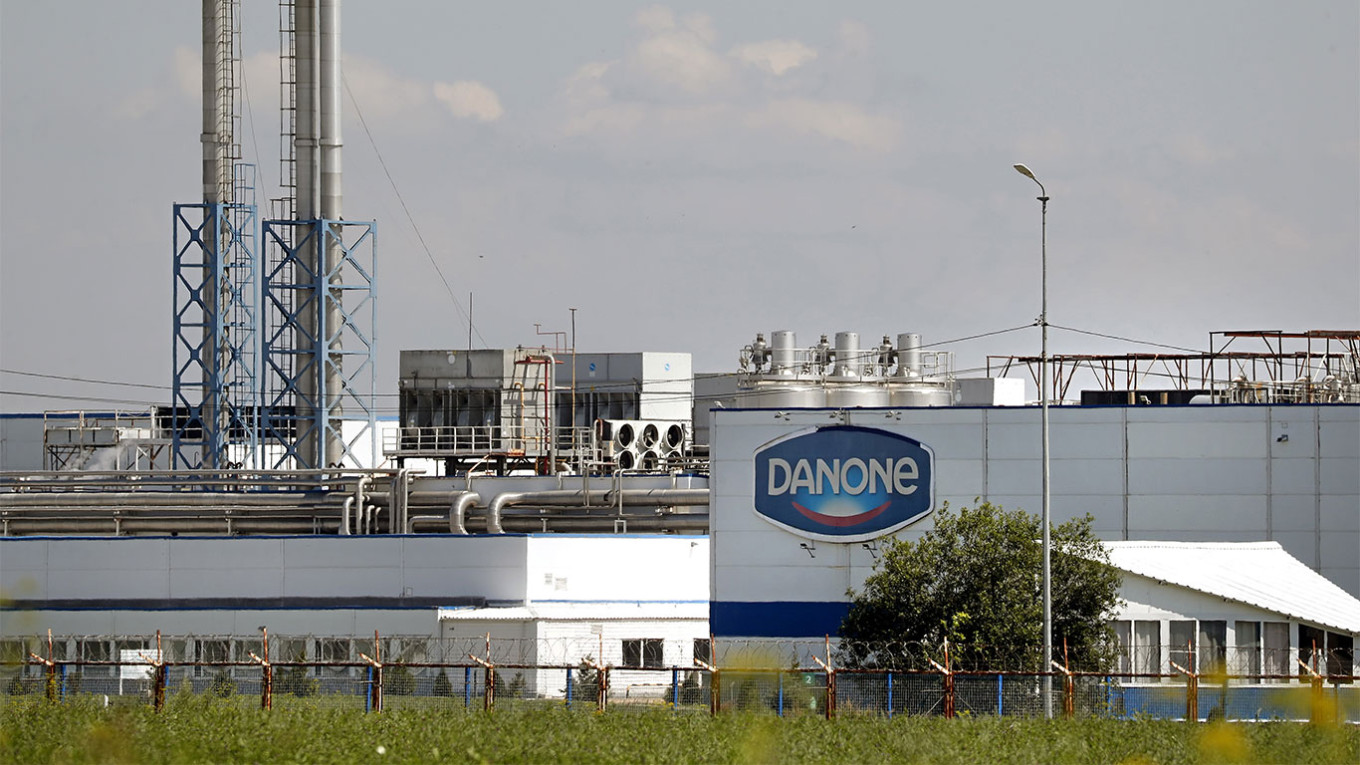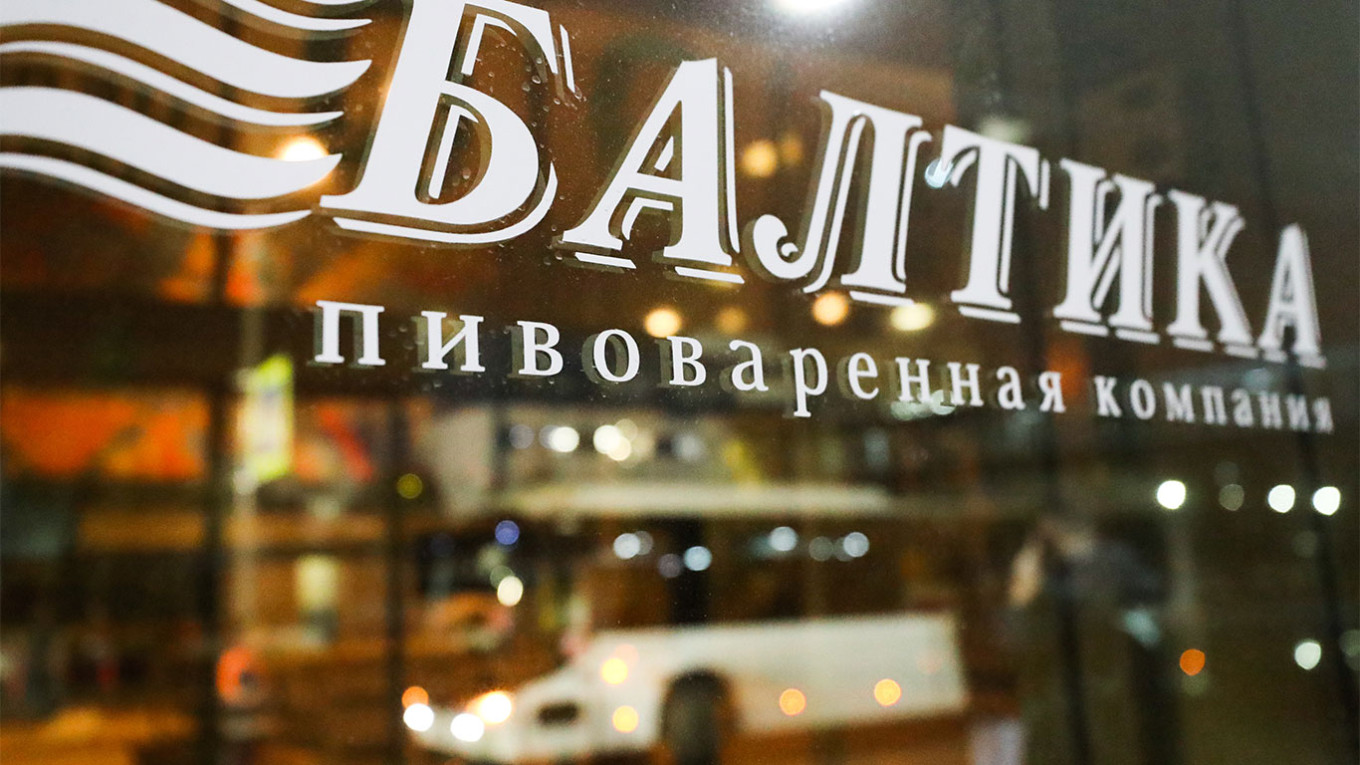Western Businesses in Sanctioned Russia
"The Kremlin's approach has been as follows: If they[western companies] wish to leave, let them depart, but not before extracting a hefty toll.""And then it shifted to a mindset of: Why should we pay? Let's simply take it.""People have lost their capital outside Russia, but they are being compensated domestically. They can make the same money they lost in the U.K. or wherever again.""They are making money n Russia now. They forgot about this house in France or this yacht. They will build new yachts in Turkey and buy new houses in Dubai."Unnamed Russian oligarch/commentator"This is renationalization. Private property is technically owned by the state but controlled by individuals appointed by those in power.""These mini-, midi-, and macro-oligarchs are required to share super-profits with the state and consider the interests of the ruling group.""The beneficiaries are those who enjoy Putin's trust and deserve his gratitude, such as Kadyrov. This is a mixture of state capitalism and feudalism."Andrei Kolesnikov, senior fellow, Carnegie Endowment for International Peace
 |
| The Danone dairy plant in Chekhov, Russia. Maxim Shipenkov / EPA / ТАСС |
The opportunity has yet again presented itself in Russia to acquire factories and other foreign enterprises owned by western companies wishing to withdraw their investments from Russia, or simply uncertain how they wish to proceed, as a result of Moscow's 'special military operation' in Ukraine. The current situation can model itself after the dissolution of the Soviet Union when those connected to the Kremlin, the oligarchs grabbed prime assets at bargain-basement prices.
"This is like Venezuela", observed a senior Moscow businessman. "They're giving the best to their cronies ... and then everything will go to s---t". Back then when the Soviet Union collapsed it was state enterprises that went under the directed hammer, now western assets are on offer and to take advantage of those offers prospective buyers require simply to be close to the Russian president for the rewards that privilege brings.
 |
Some western companies announced their plans to divest from Russia in the early months of last year's invasion. The result of sanctions making business more complex than the investments were worth to their owners, along with the reputational fall-out from remaining in Russia. Data from the Kyiv School of Economics state that fewer than 300 of over 3,350 large foreign companies owning assets in Russia have left, with roughly 500 in the process of withdrawing.
For those that remain -- including PepsiCo. Inc., Altria Group Inc.'s Philip Morris, Mars Inc., UniCredit SpA and RaiffelsenbankAS -- the situation has become more urgent. On July 16, Vladimir Putin signed an order to nationalize Russian operations of DanoneSA and CarlsbergAS; until then both companies were among the hundreds finalizing sales to local buyers, just awaiting state approval. Both now are in effect controlled by regime loyalists.
Danone's business will now be run by a close relative of Ramzan Kadyrov, Chechnya's leader. The new head of Carlsberg's Baltika brewer is now Taimuraz Bolloev, a personal friend of Mr. Putin. Already subject to stricter exit conditions than those that had immediately left Russia when the war began, in the past few months the minimum criteria for withdrawal changed. Sales must have a discount of at least 50 percent to market value while ten percent of the sales proceeds become allocated to the Russian budget.
The first to fall under this new approach, played by the Kremlin's rules was the "sale" of Nissan and Renault's Russian assets for a nominal fee of a few rubles to a state-backed research institute. A seizure of the assets of two power companies, Germany's Uniper SE and Finnish company Fortum Oyj followed by an order allowing assets of western companies considered "naughty" to be appropriated back in April, by President Putin.
Frozen Russian assets in Europe precipitated the Kremlin's attitude to western businesses operating in Russia. After a court in Leipzig rejected state oil giant Rosneft's appeal against Germany's decision to place the company's assets under the control of the regulator, the seizure of Uniper and Fortum took place. All of this enabling the Kremlin the use of western assets to buy the loyalty of the country's business elite who decided to remain in Russia because of western sanctions.
Denis Manturov, Russia's trade minister on Tuesday informed state newspaper Rossiyskaya Gazeta that Russia would "actively use the mechanism of introducing external management" in response to 'unethical behaviour' by western owners. Hinting that after the nationalizations of Danone and Carlsberg, other western companies' nationalization would follow.
Foreign investors are uncertain how they will be treated, since the Kremlin has set out no clear rules surrounding nationalization. "There is no system as to who gets permission to sell, even at a deep discount, and who simply loses everything. All that matters is whether the asset is valuable or wanted by someone close to Putin", one person advising on an ongoing exit, remarked.
"The second time you do something suggests it wasn’t a one-off, so everybody has to be worried now.""[The timing and nature of the Kremlin’s swoop could also be a response to last month’s Wagner mercenary mutiny, with Putin now] prepared to engage in flagrant violation of investor property rights in order to keep friends.""If Russia is going to seize Western corporate assets anyway, or put them under permanent threat, then that undermines the argument that some kind of bargain can be reached between Western assets in Russia and the immobilized central bank assets held in Western financial jurisdictions."Nigel Gould-Davies, senior fellow for Russia & Eurasia, International Institute for Strategic Studies"[Danone and Carlsberg were paying the price for being too slow and indecisive over their plans to leave].""Both firms could have written off these assets five, 10, or 15 months ago — and enjoyed the surge of stock value where financial markets rewarded 1,050 other multinationals for their courage in doing the right thing.""Instead, they vacillated, perhaps due to greed or cowardice … Putin seized upon this management weakness."Professor Jeffrey Sonnenfeld, Yale School of Management
 |
| Vladimir Putin’s legislation will require all private Russian buyers of western assets to be fully Russian-held or in a process to exclude all foreign shareholders Mikhail Klimentyev/Sputnik/Kremlin Pool/AP |
Labels: Russia, Russian Invasion of Ukraine, Russian Nationalization of Western Assets, Western Sanctions
0 Comments:
Post a Comment
<< Home